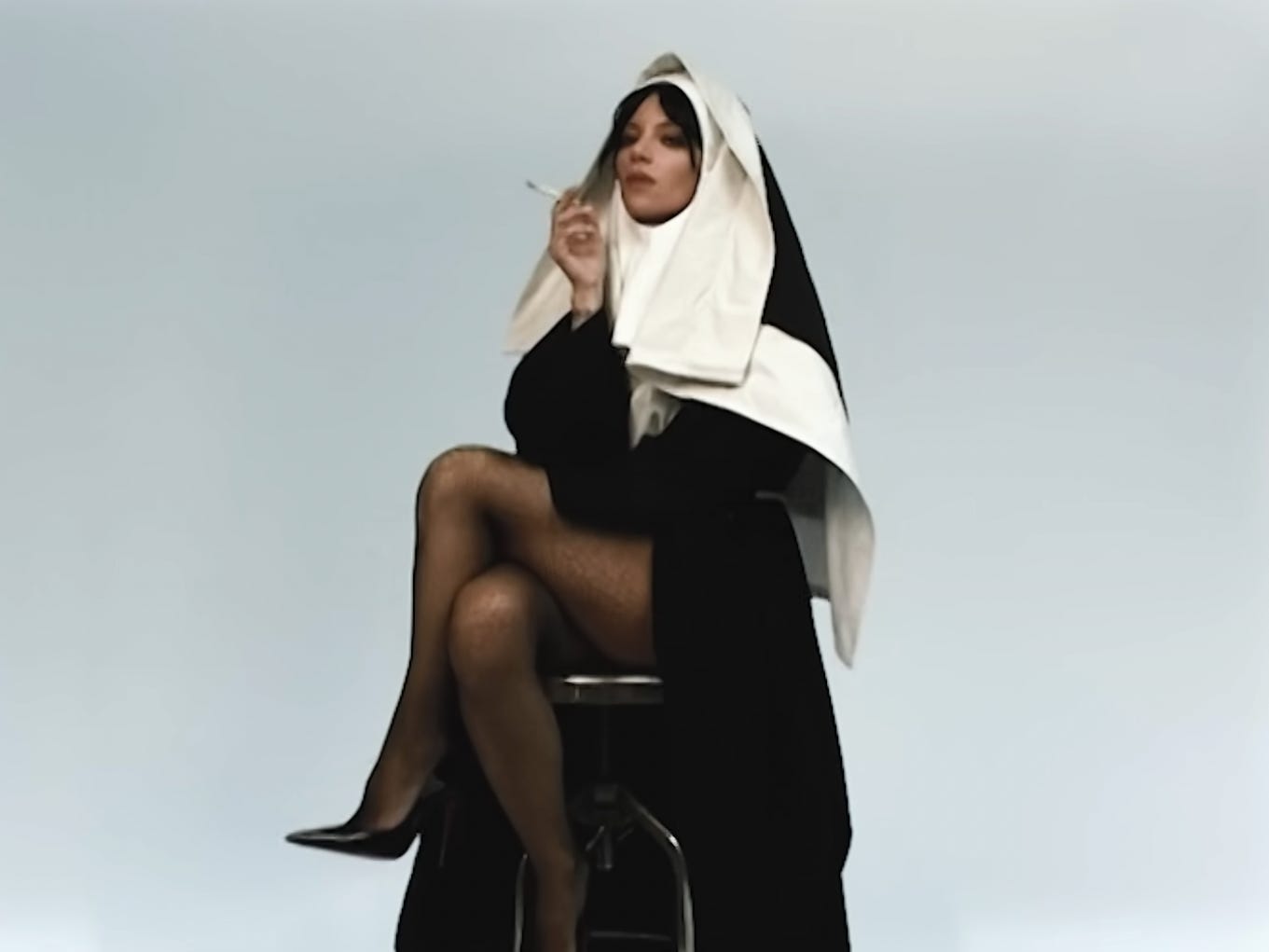A West Philly Girl Tries to Love West End Girl
In my 20s, Lily Allen made pop music relatable. West End Girl is supposed to be doing the same thing for my 40s; I'm trying to figure out why it isn't (and why nobody's talking about the actual music)
It was 2007, and I had been pretending to hate pop music my entire life.
The pop stars I’d grown up with were glossy magazines come to life. They were aspirational — sleek, sanitized, untouchable. We didn’t have a claim to them the way we do with pop stars today.
What did we have in common with former Disney stars with concave bellies and dance routines as impeccable as their perfect pitch?1 The best we could do was try to get matching whale tails and eating disorders, but that was as far as our proto-parasocial feelings could possibly take us.
I was having none of it. Not only was I an obese teenager2, but I was filled with internalized misogyny to boot. I wasn’t yet ready to admit that I’d been giving more weight (heh) to “boy music” for so long. That I’d been defaulting to men with guitars as the de facto evolved art form. Girls listened to pop (the smart ones only ironically), so it was as culturally significant as playing with Barbies3 as far as I was concerned.
Then, Lily Allen came …




